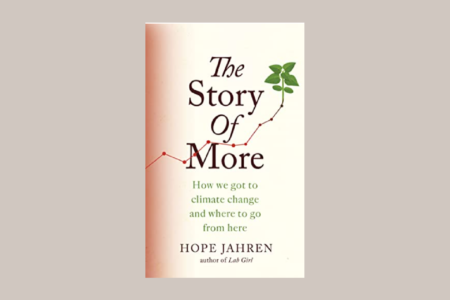
Green Success Stories sat down with Erin Mogel, the founder & CEO of Elevate Social Impact, about how she is helping companies & individuals on their philanthropic journey.

Erin, thanks for being here. Tell us a little bit about you and your background:
I am the Founder + CEO of Elevate Social Impact, a consulting and coaching practice dedicated to guiding companies, nonprofits, and individuals along their social impact journey. I support companies looking to build social impact/CSR into their brand, nonprofits looking to diversify their funding streams and build and strengthen partnerships, and individuals looking for meaningful jobs in social impact. My background is in both the nonprofit and CSR sectors.
I spent a decade working across human rights, immigration, international development, and healthcare organizations in a range of fundraising capacities as well as in client-facing roles. I then transitioned into the CSR space, mainly focused on employee engagement (volunteerism and workplace/charitable giving) as well as philanthropy communications. My life (both personally and professionally) has always been dedicated to giving back, making a positive impact, and supporting underserved communities. My career in philanthropy and social impact truly began when I was a child, volunteering in my community and raising money for nonprofits doing impactful work. What drives me now is helping others to make an impact. There is nothing more exciting and fulfilling than providing companies, nonprofits, and individuals with the tools, resources, and support that they need to make a difference in our society.
What would you do with $1 Billion dollars?
So many things! I would pour funds into programs supporting homeless individuals, especially those facing mental illness, to ensure those who are vulnerable/at-risk are off the streets and are receiving the multi-faceted care and support that they deserve. I would create top-notch programs to support recently incarcerated individuals and reduce recidivism.
I would contribute to organizations leading the charge on climate change and sustainability. I would advocate for teachers to be paid higher wages (and contribute funds to organizations leading the charge), and I would donate to rare and neglected diseases not receiving proper funding. And so much more!
Why do you think sustainability is such an important topic today?
Our world is in a precarious state, and it’s vital that we commit to sustainability, most importantly to ensure safety and wellbeing of future generations. We have the responsibility to preserve and safeguard our world to ensure key resources are available for years to come. With climate change and the scarcity of basic resources needed to survive, it is our duty to ensure we’re not contributing to the further degradation of our planet. It is our duty to reduce our carbon footprint, support sustainable brands, save resources, limit waste, recycle and upcycle, and so much more. Little actions each day will make such an impact, and with so many climate refugees already as a result of devastating environmental disasters, it’s clear that there’s an urgent need for sustainability.
What do you envision your industry looking like 10 years from now?
I envision the social impact/CSR space to look quite different. Rather than companies having siloed social impact teams, I expect that social impact will be embedded into their brand, their DNA. Like the Patagonias of the world, in ten years, purpose-driven companies with a triple bottom line approach (profit, people, planet) to business will be the norm. No longer a nice-to-have, there will be a requirement that companies are rooted in social and environmental commitments, and we’ll see social enterprise becoming the mainstream way of doing business.
What can the average person do to make a difference?
The average person can reduce their carbon footprint (e.g. riding a bike over driving a car), recycle and upcycle, reduce waste and save water, support sustainable brands, save energy (e.g. turning off lights), try a plant-based diet or eat less meat, go plastic-free, support local farms, choose reusable products (e.g. reusable grocery bags), support those most affected by climate change (e.g. climate refugees), etc.




